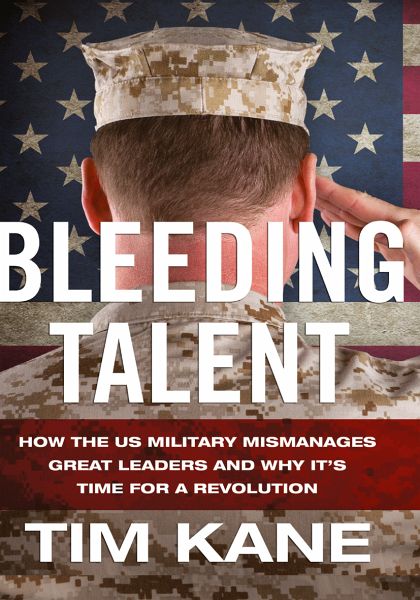
Bleeding Talent (eBook, PDF)
How the US Military Mismanages Great Leaders and Why It's Time for a Revolution

PAYBACK Punkte
26 °P sammeln!
Shaping the debate on how to save the military from itself. The first part recognizes what the military has done well in attracting and developing leadership talent. The book then examines the causes and consequences of the modern military's stifling personnel system and offers solutions for attracting and retaining top talent.
Dieser Download kann aus rechtlichen Gründen nur mit Rechnungsadresse in A, B, BG, CY, CZ, D, DK, EW, E, FIN, F, GR, HR, H, IRL, I, LT, L, LR, M, NL, PL, P, R, S, SLO, SK ausgeliefert werden.












